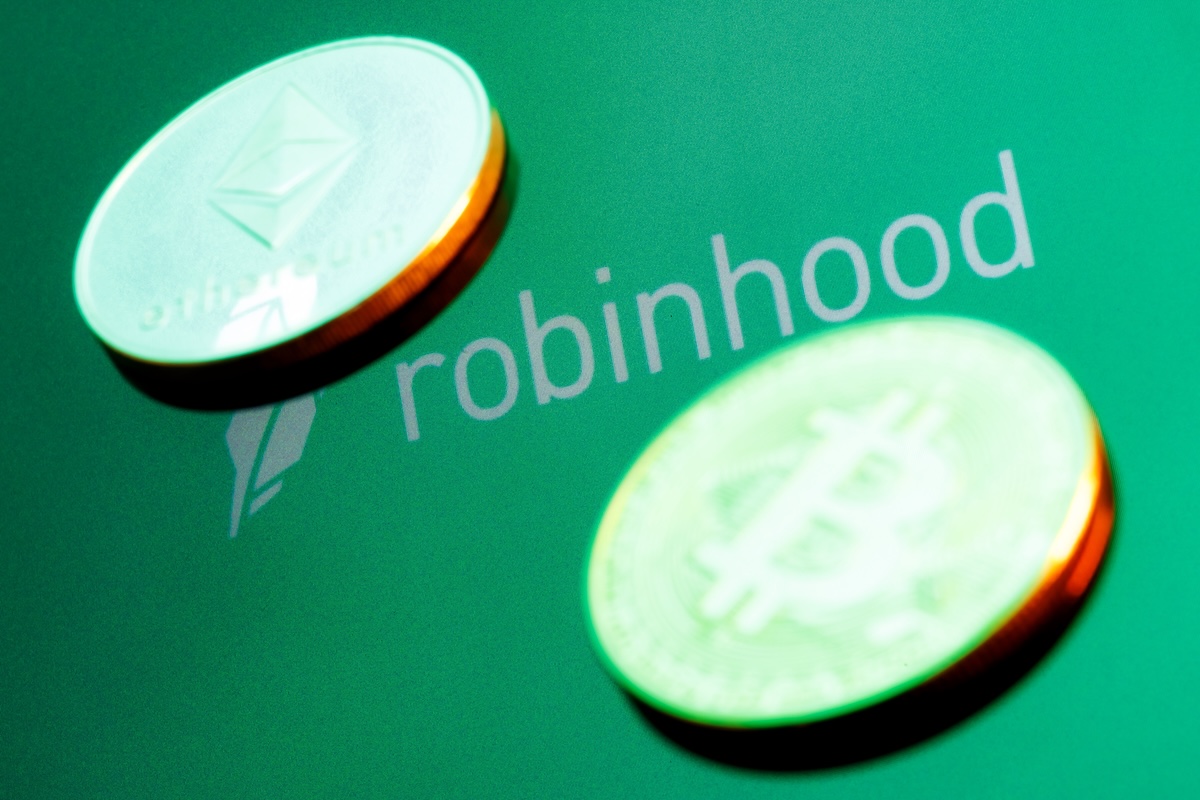
Robinhood (HOOD) announced this past summer the launch of new “stock tokens” that will give retail investors in the European Union access to tokenized blockchain contracts that track a company’s stock price without actually offering ownership of the shares.
The stock tokens are part of Robinhood’s deeper dive into the crypto space – which includes other products such as crypto perpetual futures, crypto “staking,” and ETFs.
The crypto tokens, however, have gotten some blowback, because they include exposure to private companies such as OpenAI that have yet to file an IPO.
“These ‘OpenAI tokens’ are not OpenAI equity,” the company said in a post on X in response to Robinhood’s launch. “We did not partner with Robinhood, were not involved in this, and do not endorse it.”
“Please be careful,” the company added.
Robinhood CEO Vlad Tenev responded with a post of his own, clarifying that while the tokens don’t represent equity, they provide a way for retail investors to gain exposure to private assets.
He further claimed that the company has “been hearing from many private companies that are eager to join us in the tokenization revolution.”
Ramping up its offerings to private markets for retail investors
And now Robinhood is doubling down on giving retail investors access to the private markets, announcing on Monday that it is registering with the SEC to launch a closed-end fund called Robinhood Venture Fund I (RVI).
This fund will allow retail investors to gain exposure to companies “at the frontiers of their industries” before they’ve gone public.
“For decades, wealthy people and institutions have invested in private companies while retail investors have been unfairly locked out,” Tenev said. “With Robinhood Ventures, everyday people will be able to invest in opportunities once reserved for the elite.”
To be sure, the private markets have historically been reserved for institutional and other sophisticated investors because it is a space that is notoriously more challenging and riskier to invest in.
That's largely because companies in private markets are not required to disclose their financials since they aren’t publicly traded.
But Robinhood notes that the number of publicly traded companies in the U.S. has fallen from about 7,000 to 4,000 over the span of nearly 25 years since the beginning of the 21st century. Meanwhile, the value of private companies in the U.S. has now exceeded $10 trillion.
This has given retail traders fewer investmentable opportunities, the company said.
Robinhood’s stock fell 0.17% on Monday following the announcement, although it has surged 208.2% for the year.
Details on what companies Robinhood Ventures Fund I (RVI) will be holding have not been shared, but it said that it plans to hold the investments long-term through a company’s IPO and beyond. It will also be investing across multiple sectors.
Robinhood Ventures is not the only new offering from the company. Last week, it unveiled the forthcoming launch of Robinhood Social, its new “superapp.”
The platform, which will go live next year, will enable users to share verified trades, discuss strategies, follow peers and experts and track performance transparently.
Nick Grous, director of research for consumer internet and fintech for Ark Invest, said in the firm’s weekly newsletter that Robinhood Social “will reposition Robinhood from brokerage company to a platform with network effects.”
“Indeed, far beyond ‘social media + stocks,’ Robinhood Social is likely to create a new vector of transparency and community in retail investing,” Grous wrote.
Your email address will not be published. Required fields are markedmarked